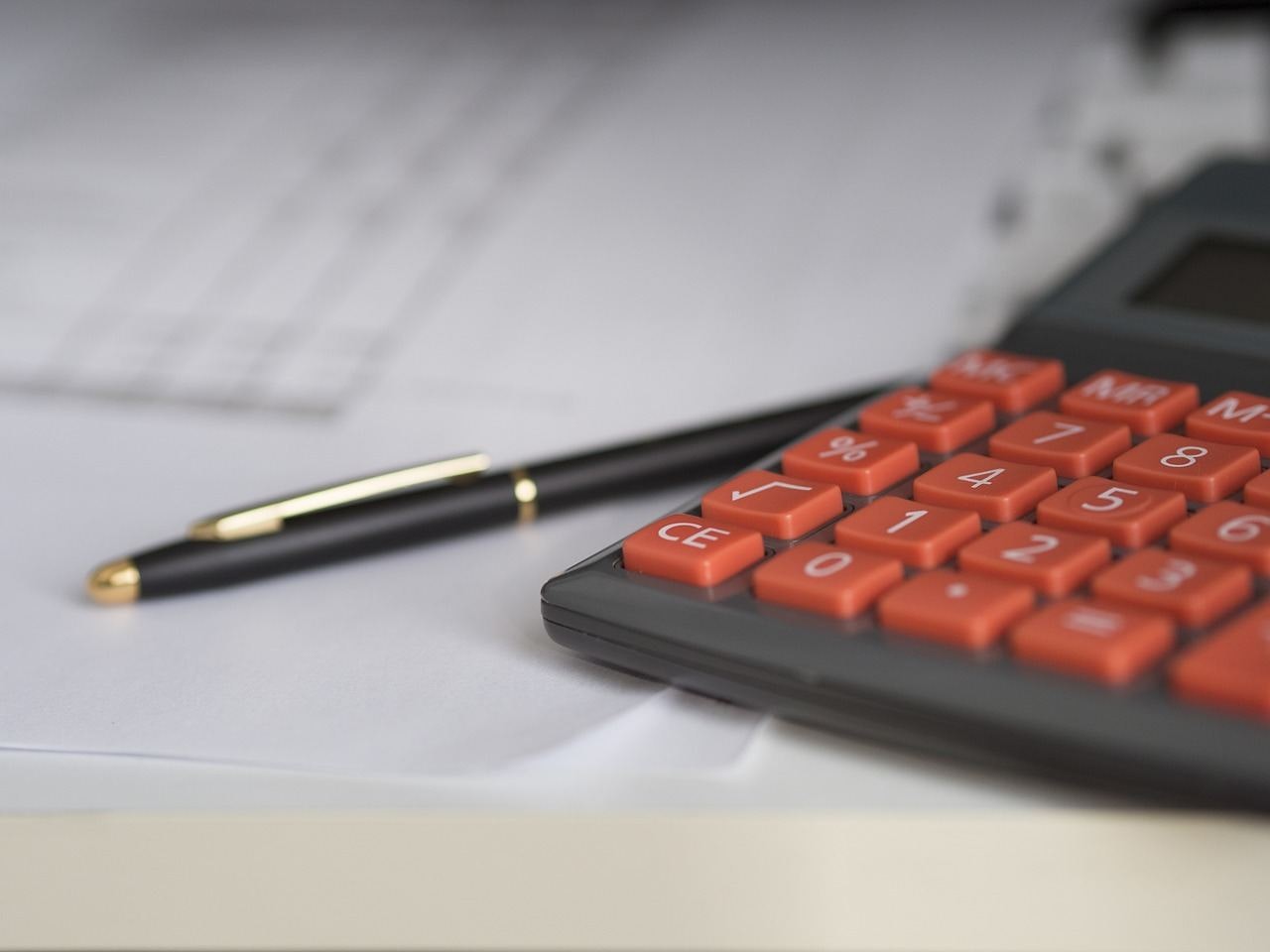Numbers are boring.
You want to sell products, interact with your customers, and market your business. You want that bank balance to soar.
What you don’t want is to pore over spreadsheets all day and shoot confused stares at mathematical formulas.
But even small businesses–yes, even little one-person-shops like yours with a simple business model–need to know accounting.
In other words, you need a way to examine the financial health of your business operations at all times.
Scott Scharf, the founder of Catching Clouds, an accounting service for ecommerce businesses, says most of his customers don’t know whether they’re profitable.
They’re not quite sure and there’s a big difference between the cash in the bank and whether your business is profitable or not. They just don’t know where they stand, and so there’s a lot of stress related to not knowing.
You need to know things like your customer acquisition cost, your profitability per product, customer lifetime value, tax liabilities, your revenue, and your average margins.
About these factors, Scott adds, “You need to know those inherently so you can sleep better at night.”
Take Ben Brown, for example. After setting up his Shopify store, Ben received tons of orders.
Good problem to have, right?
Wrong.
In his haste, he miscalculated his shipping costs. When he first set up his store, he was worried shoppers would abandon their cart once they saw the total checkout price. He knew customers expect free shipping, so he offered it across all of his products and advertised it heavily throughout his site. He didn’t mind eating the shipping costs if it meant more people would buy his products.
Shortly after though, he realized his free shipping deal ate into his profit margin. “Once I’d paid my carrier for delivery, I actually lost money,” he says. “Argh!”
If you don’t want to end up in Ben’s position, you must take accounting seriously.

Don’t wait for someone else to do it. Hire yourself and start calling the shots.
Get Started FreeAccounting 101: Track Everything
You need an accurate picture of every penny flowing in and out of your business at all times.
Why?
Two reasons:
- Just like Ben Brown, you need to know how much it actually costs to sell a product, so you can price it properly. Selling a $15 item for $20 seems like a good deal, until you factor in other costs you incurred to make the sale (like $4 for shipping and $2 for Facebook ads).
- Tracking your expenses can reduce your annual tax liability. If you track every penny you spend, you can write them off on your tax return, thereby reducing your income and the amount the government needs you to pay. You can write off every expense, even the $30 you spent on your printer toner or the portion of your utilities used to heat your home office.
Shipping will likely be your biggest expense per order, but it’s not the only cost you should track.
You’ll probably have other expenses, like…
- Digital subscriptions (including Oberlo and Shopify)
- Paid ads (PPC and banner ads)
- Outsourced services
- Affiliate commissions if you’re running an affiliate program
- Giveaways and samples
- Other promotional costs (e.g., paying to get into a giveaway)
- Domain and hosting fees
- Office expenses (supplies, furniture, etc.)
- Office space (home or rented)
The easiest way to track most of this is to integrate a Shopify accounting app. There are plenty to choose from, including the big names, like QuickBooks, Xero, and Zoho.
These tools let you create invoices, track bank payouts and deposits, and generate reports. By using an accounting tool, you can also make your life easier when it comes time to file your taxes, or if you decide to hire an accountant in the future to handle the financial side of your business.
Save yourself a lot of hassle by integrating an accounting tool from Day 1. It should be one of the very first things you do when setting up your store.
And whatever you do, do not mingle your personal finances with your business.
You’ll find it simpler to track everything if you open a separate bank account for your ecommerce store.
Get Comfortable with Your Taxes
Most importantly, square yourself right now with the fact you’ll have to pay taxes on your income and collect sales tax (in most cases).
Both go to the government.
As Benjamin Franklin once wrote, “In this world, nothing can be said to be certain, except death and taxes.”
As a small one-person business, you’ll most likely pay no business tax. Instead, your business income will “pass through” to your personal return. But unlike a payrolled employee, the money won’t be automatically deducted. Instead, you’ll have to write a check at the end of the year.
Come tax season, many small businesses find themselves unprepared to pay a tax bill. According to the IRS, small businesses are the largest segment of non-compliant taxpayers, and the situation is worsening as the gig economy grows.
Depending on your country and state, the income from your store might be subject to additional self-employment taxes. Consult with a professional to determine how much you should set aside in income.
Sales tax is a separate issue you need to know about. Whether you need to charge sales tax and how much depends on two factors:
- The country/province/state you ship to. You need a new tax rate for each location. Read this guide to determine what to charge.
- The types of products you sell. Certain products aren’t subject to sales tax (like footwear that costs less than $50 in Connecticut, USA). Many products are tax-exempt. (If any of your products are tax-exempt, make sure to set up a tax override in Shopify.)
Also make sure your tax settings are accurate on your Shopify backend. Shopify is pretty good about recognizing where you’re based and where you’re shipping to, but give it a once-over to avoid any surprises. Review your settings regularly as your business grows, so you’re always operating legally and profitably.
In both the USA and Canada, you’re required to pay business taxes every quarter.
In other words, the government wants you to send a quarter of your estimated yearly tax liability every 3 months, so you aren’t surprised by an insurmountable bill at the end of the year. This seems like a burden, but paying sooner actually helps you.
Don’t rely on the Internet to determine if you should charge sales tax and how much. You could be out a lot of money if you make a decision based on poor information. Instead, speak to an actual authority, like the Canada Revenue Agency or the Internal Revenue Service in the United States.



